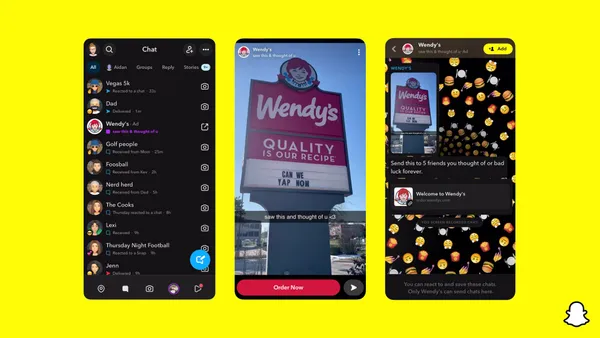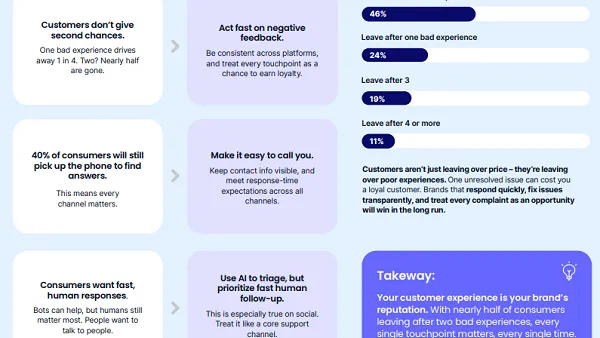Brief:
- Kargo, a mobile-only ad company, has enhanced how it evaluates publishers in its marketplace, a move it says will help advertisers maximize engagement and return on investment (ROI), according to a statement shared with Mobile Marketer. Publishers will be evaluated by hard facts such as viewability, response rate and scale, along with brand safety, which will be assessed by Kargo.
- BBC, Distractify, Everyday Health, FashionBeans, GreenMatters, Men’s Journal, Multiply and RockYou are among the "dozens" of publishers that have joined Kargo's marketplace since the policy change. Kargo is adding more publishers that meet the criteria, while also helping existing publishers in its network to upgrade their performance.
- Kargo claims it can reach 100% of smartphone users in the United States while ensuring brand safety, viewability and prevention of ad fraud. It is also the first ad tech company to achieve 100% ads.txt compliance, according to a press release.
Insight:
Kargo's publisher network is a way for advertisers to reach a sizable mobile audience that demonstrates its interests with its content choices, and enhancing its quality controls could help it attract advertisers that are looking for a strong alternative to Google and Facebook while wanting to reap the benefits of programmatic buying.
Kargo has been trying to adjust to mobile media's sudden shift to programmatic ad placements that use software to purchase digital ads, instead of the traditional process of human negotiations, manual insertion orders and requests for proposal (RFPs). For Kargo, the shift has meant replacing ad-sales executives and operators with engineering and data experts, per Business Insider.
The so-called "duopoly" of Google and Facebook dominate the digital ad market, and have squeezed many traditional publishers that also are seeing significant drops in print advertising and readership. Once-mighty publishers like Conde Nast, which runs Vogue, Vanity Fair and The New Yorker, are plotting a strategy after losing $120 million last year. The company is expected to sell three of its 14 magazines — Brides, Golf Digest and W — as the latest step in trying to stem its losses, per the New York Times. Meanwhile, the New York Times this week said its own digital advertising revenue fell 7.5% in Q2 2018 from a year earlier to $51 million because of a smaller audience and a decline in digital creative services.
While Google and Facebook have key strengths in ad targeting, their dependence on user-generated content also makes them vulnerable to political propaganda, misinformation and hate speech that makes brands wary. The companies are caught in very public disputes about what they censor even as they claim to be vehicles for sharing, connecting and personal expression. Google’s YouTube on several occasions has seen brands pull back from its platform after their ads appeared among objectionable content, while Facebook's data-sharing scandals have worried other companies. Forty-five percent of advertisers say social media platforms are doing a bad job on brand safety, and 42% say user-generated content sites are not addressing their concerns about brand safety, according to research by Advertiser Perceptions and Oath.
Despite concerns by brands, the mobile advertising market will keep showing strong secular growth trends for years to come as people consume more media on their smartphones and tablets. Mobile ads will grow to nearly 31% of global expenditure by 2020 from 19% last year, and will overtake broadcast television by 2021, according to a forecast by Zenith. Mobile ad spending's growth rate will drop to 21% a year until 2020 from 35% in 2017.














